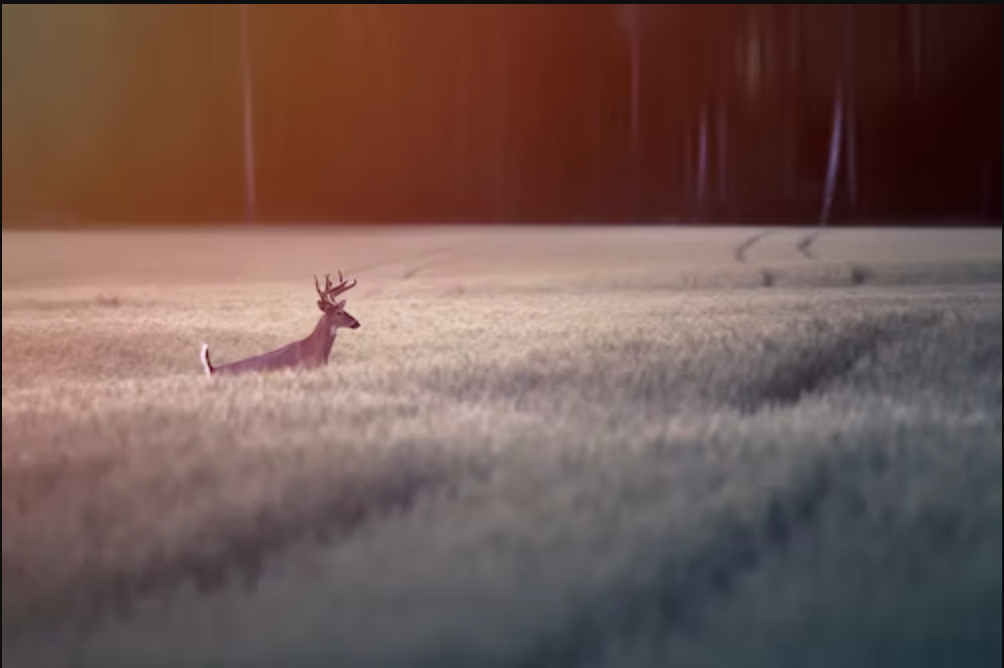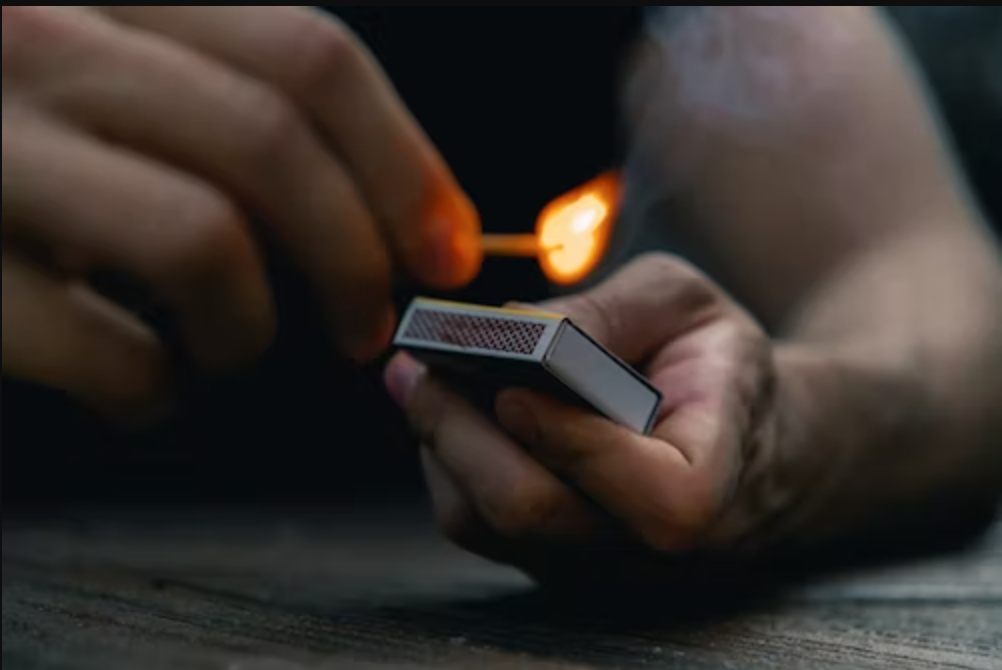Hunting is a terrific way to slow down and enjoy the simple life. If we want to eat now, we just go to the fridge or the grocery store and pick out what we want. But it wasn’t always this way. We humans were once required to hunt for any food we consume. We don’t hunt for food as often as we used to, so when we do, it’s a big deal, especially if it’s your first time. Not sure what to bring when going hunting? No worries—we’ve made a list of hunting trip needs. Look at it:
Have help ready at all times.
One thing that has never changed about hunting is that you are always open to attack. Today, fearful animals are more prone to attack, so always have a way to call for aid. If a large animal threatens you, have a backup plan, such as a flare or a cell phone.
Hunting alongside someone might also help you avoid getting lost or hurt. Just make sure you know each other’s whereabouts so you won’t get in the way when guns are launched!
Your chosen weapon
When we’re talking about weapons, it’s a good idea to pick out your weapon before going hunting. Even though you’ll need knives to skin animals and cut wood and other things, you’re probably better off with a stronger weapon like a rifle. The rifle has been used for hunting for a long time. It is a quick and effective way to kill or stun your target. To prevent legal difficulties, remember that having a gun without a license is unlawful. Don’t forget the bow and arrow, which is hard to use but very effective. You’ll feel more at home in the wild if you choose the best arrow quivers and a good bow. Then you’re off!
Water
You had to get water yourself before taps and bottles. However, water is essential for life, so if you’re out in the woods for a long time, you should drink to avoid dehydration. Carry as little as possible but still enough to last a few days in case you get lost or injured.
Matches
Without a fire, it will be difficult to cook your catch. Matches are a really handy and lightweight technique to be able to make fire quickly, though it is perfectly viable to do it simply by rubbing two sticks together. Use a glue gun on match ends or a non-leak ziplock bag to waterproof them. Even if you don’t plan to eat the animal you’re hunting in the wild, fire is a great way to get heat and light, so matches should be on your list.
Survival kit
Lastly, we’ve talked a lot today about making sure you’re always safe, so make sure you’re ready for something like this. Check out these survival pack essentials:
- Bandages and plasters for minor wounds that don’t need immediate attention.
- Antiseptic creams to stop any infections that might not be necessary.
- A light source. If everything else fails, use your light to see or call for help.
- For small injuries that aren’t an emergency, painkillers are also a good idea.
- At least three days’ dry food. If you can’t catch anything and you’re a long way from anywhere else, you’ll need food.
- A tent that is easy to set up and take down and isn’t too heavy to carry.
- Flares. We’ve already talked about these, but they could save your life.
- A pocket knife. They are very useful, and you couldn’t live without one.
- Insulated and waterproof clothes. It gets colder than you think at night!
P.S. This post contains affiliate links.

 Source
Source Source
Source